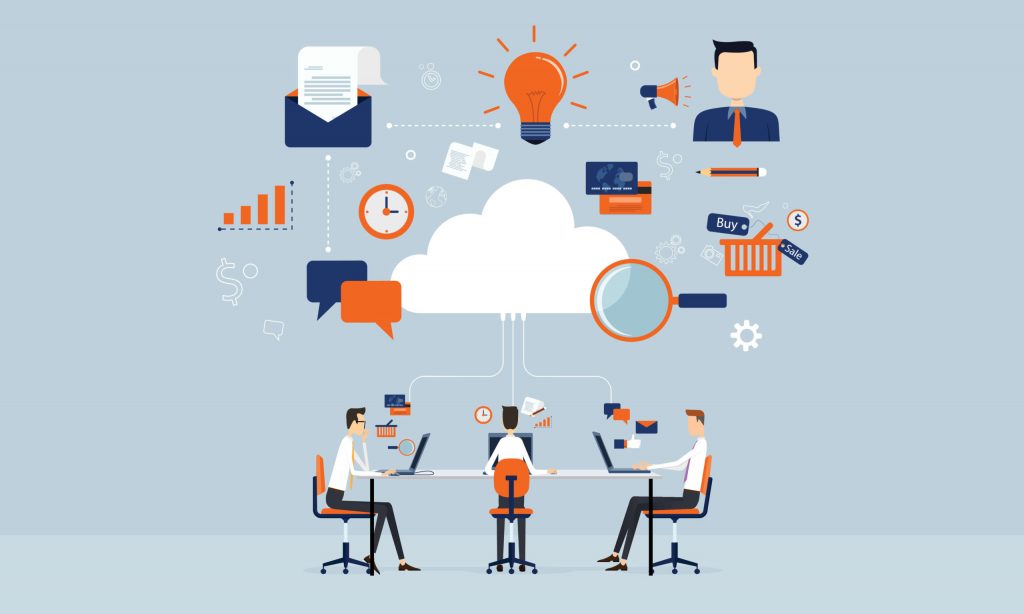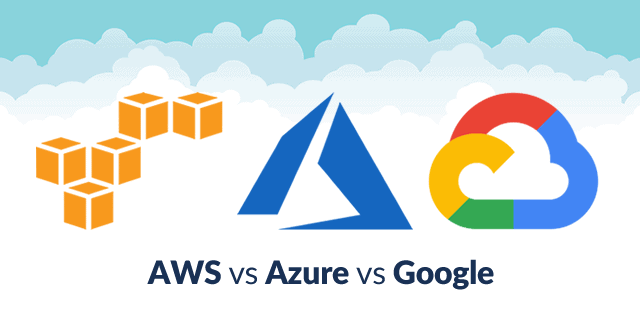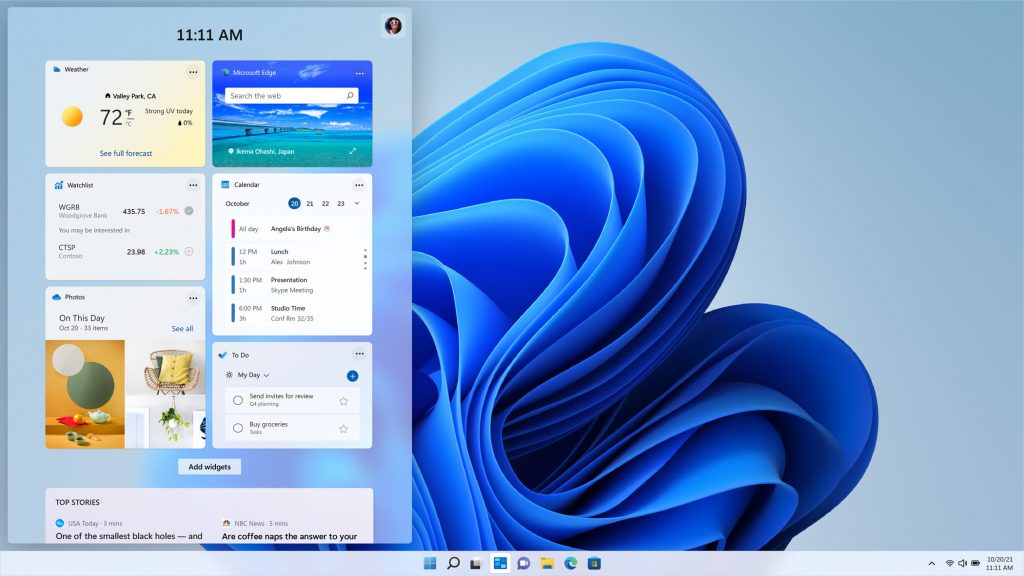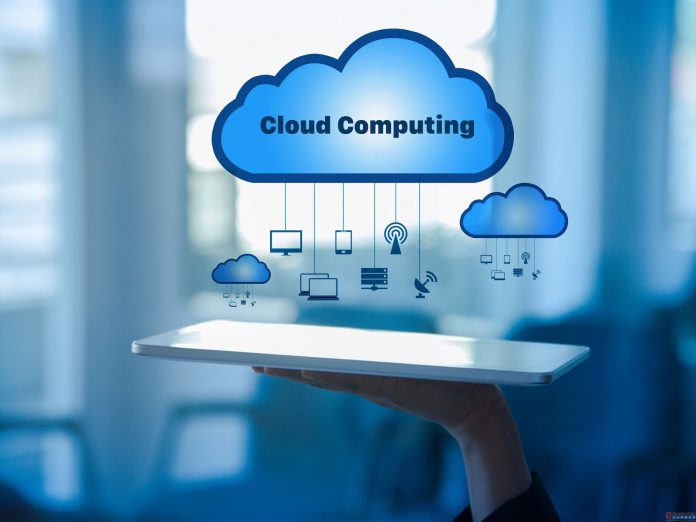Google has been gradually releasing pictures and video of its new Chrome OS for the last several months, and Good OS (a Linux OS) has been testing its “Cloud” OS for over a year now. Microsoft’s Azure has been released to consumers at typically high prices. The term cloud is bandied around like never before, and netbooks and tablet PCs are the wave of the future. Terms like High Powered Computing (HPC) and Penguin on Demand (POD) have become commonplace, and the world still holds its breath to see how all this newness takes shape.
Cloud Computing Begins to Take Shape

According to Larry Ellison, CEO of Oracle, “Everything’s called cloud now. If you’re in the data center, it’s a private cloud. There’s nothing left but cloud computing.” Cloud Computingis the concept that encompasses the whole idea that computing is becoming more and more linked to the internet. Instead of a Personal Computer (PC) with its myriad of native applications, in the future people will be able to have a smaller, faster, tablet-type PC that accesses all those same apps from servers through the internet. It will boot in seconds to a browser interface and have little necessary internal storage space. And the race is on to see which monster software company will release the best “Cloud” operating system.
The idea is sound, but to make those applications available to millions of users simultaneously through the web, it takes immense resources – dedicated servers and huge amounts of digital storage space. Some of the new operating systems work faster than others, having more of these resources available than the others. What drives this market will inevitably be the speed and functionality of the web-based apps.
Cloud Computing Challenges for Azure, iPad, Google

According to Steve Wozniak in a recent video interview, the “Cloud” also refers to the rapidly expanding digital “bank” that web users access all the time. Apple recently made iTunes libraries synch-able through the web. Users of Gmail, Hotmail, and several other email services have the ability to upload documents to the web for editing and storage there. Services like Scribd and Thinkfree.com have long offered web-based office suites so that registered users can upload and create documents, spreadsheets, presentations, and databases.
The problem with all this storage space in the cloud is security. Those hesitant to store sensitive data and corporate secrets within the cloud often question its safety. Some businesses and large corporations opt for “private clouds” with tighter security instead of using more available public services.
New Operating Systems Tapping into the Cloud
Microsoft recently released its cloud offering, Azure. Amazon offers a cloud-computing option, called Elastic Compute Cloud (EC2). Google is fast approaching release of its Chrome Operating System. Good OS seemed a year ago to be on the cusp of releasing its Cloud OS, but there has been no news since. Another Linux distro still in pre-beta, Jolicloud, has been released to rave reviews, but really seems to just be another netbook OS, much like Easy Peasy or Ubuntu’s Netbook Remix.

But since the operating system for cloud computing is browser-based, and since the idea is that the applications will be web-based and not actually installed on the hard drive, why does the OS matter? The question ultimately will be which OS offers the best balance of applications installed on the PC and others from the web and which one has enough hard drive space for secure storage of private data, while giving easy web apps for day-to-day activities. Will users continue to pay big bucks for Microsoft Office(r) online apps with Azure because of familiarity, when open-source suites compete for free? Will Google Chrome OS compete with its collection of Google Apps? Will the iPad with its iWorks suite of apps make enough of an impact as the market leader and set the bar for tablets to come? Only time will tell..
Many of these operating systems will compete not only for home-PC/Netbook use, but also for adoption by businesses and by other cloud devices like cell phones. Versatility and usability by the widest cross-section of users is the goal. The boot-up speed touted by these companies is impressive, but the usability and features present in the web apps will be crucial to their success. Right now, Google Docs is a decent tool when Word or Openoffice.org is not available, but for it to become what it sounds like cloud computing needs, Google will have to add more features. When a cloud OS offers web apps that actually compete with native apps, the nature of computing will change for good.


















